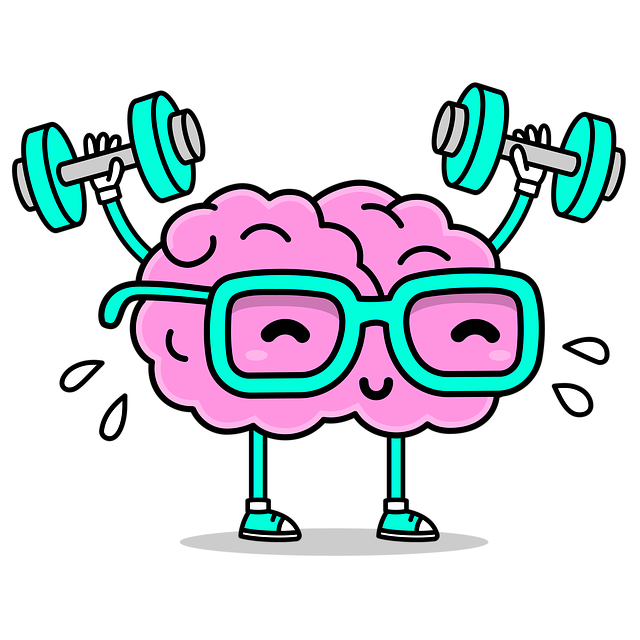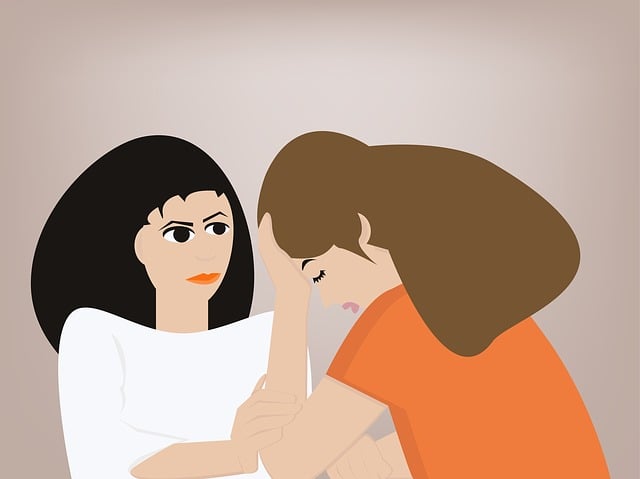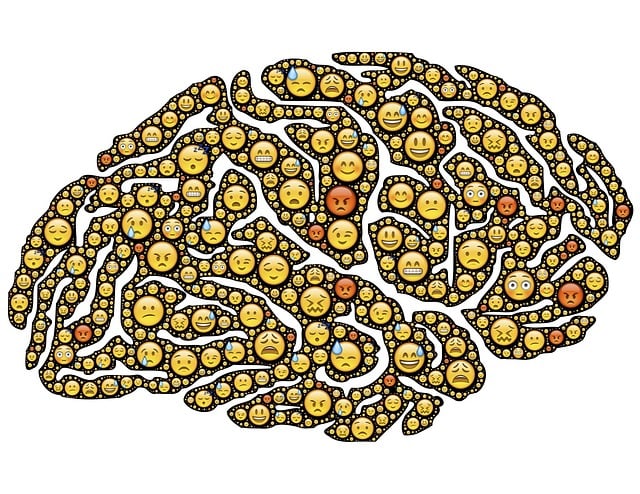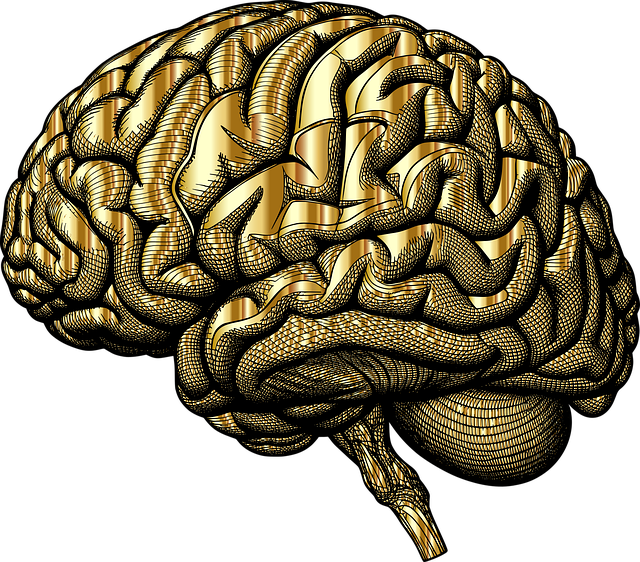Westminster Dissociative Disorder Therapy offers a specialized approach to managing dissociative disorders through comprehensive social skills training. This program focuses on communication, active listening, empathy, and conflict resolution, using role-playing and group discussions to improve patients' relationships and mental wellness. By integrating self-care routines, positive thinking techniques, and cultural competency training, the therapy prevents burnout and fosters a sense of belonging. Backed by successful case studies, it effectively treats dissociative disorders and co-occurring issues, revolutionizing mental health support and enhancing clients' well-being.
Social skills training is a powerful tool in the management of mental health conditions, particularly dissociative disorders. This article explores how understanding and developing social skills can significantly impact an individual’s well-being. We delve into the role of specialized programs, such as those offered by Westminster Dissociative Disorder Therapy, in treating complex mental health issues. By examining key components and practical strategies, readers gain insights into fostering healthier interactions and enhancing overall mental health.
- Understanding Social Skills and Their Impact on Mental Health
- The Role of Social Skills Training in Treating Dissociative Disorder
- Key Components of Effective Social Skills Programs
- Practical Strategies for Developing and Enhancing Social Interaction
- Case Studies: Success Stories from Westminster Dissociative Disorder Therapy
Understanding Social Skills and Their Impact on Mental Health

Social skills are integral to our daily interactions and play a significant role in shaping our mental well-being. They encompass a range of abilities, from effective communication and active listening to empathy and conflict resolution. For individuals living with mental health conditions, such as dissociative disorder, understanding and cultivating these skills can be transformative. Westminster Dissociative Disorder Therapy focuses on this very aspect, recognizing that social interactions can either exacerbate symptoms or serve as a powerful tool for recovery.
By enhancing social skills, healthcare providers equipped with comprehensive training in cultural competency can support patients in navigating relationships, managing stress, and fostering a sense of belonging. This proactive approach to mental health awareness addresses the often-overlooked social dimension of well-being. Preventing burnout among both patients and healthcare providers is another advantage, as it encourages sustainable practices for long-term mental health management.
The Role of Social Skills Training in Treating Dissociative Disorder

Social Skills Training plays a pivotal role in treating Dissociative Disorder, offering a targeted approach to address the challenges faced by individuals navigating this complex condition. In many cases, people with Dissociative Disorder experience difficulty interacting and connecting with others, leading to social isolation and exacerbating symptoms. Structured training programs designed specifically for Dissociative Disorder can help patients develop essential social skills, fostering healthier relationships and improving their overall mental wellness.
These programs often incorporate techniques tailored to the unique needs of individuals with dissociative experiences. For instance, role-playing scenarios can enable them to practice assertive communication while managing distress during social interactions. Additionally, healthcare provider cultural competency training is crucial in this context, ensuring that therapists and coaches understand the nuances of Dissociative Disorder and deliver care that respects individual experiences and cultural backgrounds. Integrating burnout prevention strategies within these programs further enhances their effectiveness, supporting both patients and mental wellness coaches in maintaining a sustainable therapeutic journey.
Key Components of Effective Social Skills Programs

Effective social skills training for mental health conditions, like those offered through Westminster Dissociative Disorder Therapy, typically integrate several key components. Firstly, Self-Care Routine Development for Better Mental Health is fundamental. This involves teaching individuals strategies to manage stress and regulate emotions, which can include mindfulness techniques, relaxation exercises, and structured routines to promote stability. By fostering inner strength development, participants gain resilience against triggers that may cause distress or relapses.
Additionally, focusing on Positive Thinking as a component of these programs empowers individuals to reframe negative thoughts and perceptions. This cognitive restructuring not only enhances coping mechanisms but also encourages more adaptive social interactions. Through role-playing scenarios, group discussions, and feedback sessions, participants learn practical skills for initiating and maintaining meaningful connections, improving their overall quality of life and mental health.
Practical Strategies for Developing and Enhancing Social Interaction

Social skills training is a powerful tool for individuals with mental health conditions, such as Dissociative Disorder, to navigate and improve their social interactions. Practical strategies can help build a supportive network and enhance overall well-being. One effective approach is role-playing scenarios, where clients practice conversations and learn to interpret social cues, fostering better engagement in various settings.
Empathy building strategies are also integral to this process. Encouraging active listening and perspective-taking helps individuals with mental health challenges understand and connect with others on a deeper level. Additionally, group therapy sessions can provide a safe space for role-playing, feedback, and mentorship, reducing the stigma often associated with mental illness while promoting positive peer interactions. Effective stress management techniques are also integrated into these training programs, as high stress levels can exacerbate symptoms and hinder social participation.
Case Studies: Success Stories from Westminster Dissociative Disorder Therapy

Westminster Dissociative Disorder Therapy has been transforming lives through its innovative approach to social skills training for mental health conditions. Case studies highlighting successful outcomes illustrate the program’s effectiveness in helping individuals manage dissociative disorders and co-occurring conditions such as depression and anxiety. By focusing on practical, evidence-based techniques, the therapy offers a sanctuary where clients can rebuild their social connections and develop robust self-care practices—a crucial aspect of trauma support services.
Through tailored interventions, the program empowers participants to navigate social interactions with confidence, fostering a sense of belonging and reducing feelings of isolation. These success stories not only underscore the importance of specialized therapy but also emphasize the potential for profound personal growth. By integrating social skills training into comprehensive care plans, Westminster Dissociative Disorder Therapy is revolutionizing mental health support, ultimately enhancing clients’ overall well-being and quality of life.
Social skills training has emerged as a powerful tool in managing mental health conditions, particularly dissociative disorder. By focusing on enhancing communication and social interaction, programs like Westminster Dissociative Disorder Therapy offer individuals the ability to navigate social environments with greater confidence and ease. Through practical strategies and structured learning, these initiatives foster meaningful connections, improve coping mechanisms, and ultimately contribute to enhanced overall well-being. The success stories from Westminster serve as a testament to the transformative power of social skills training in empowering individuals to lead more fulfilling lives.














